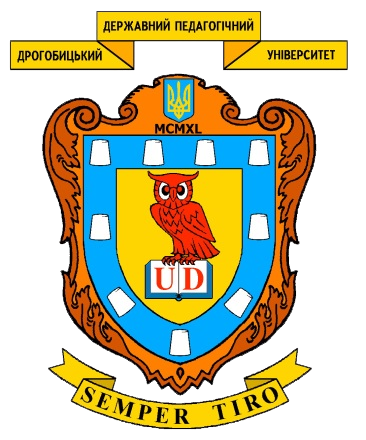SYMBOLIC MEANING OF THE LEXEME BREAD IN THE O. KOBYLYANSKA’S ARTISTIC DISCOURSE
DOI:
https://doi.org/10.24919/2411-4758.2022.241897Keywords:
artistic discourse, lexical-semantic variant, phrase, predicate, metaphor, dialectic word, partitive meaning, metalogy, reminiscence.Abstract
The purpose of the article is to analyze the functioning of the lexeme bread, which in the O. Kobylyanska’s artistic discourse acquires a symbolic meaning, entering into syntagmatic connections with other words, expands its meaning potential; to consider the process of metaphorization associated with this lexeme and its context. In O. Kobylianska’s artistic discourse word bread is used mostly with the meaning «means of subsistence, earnings» but it goes beyond colloquialism, acquires a symbolic meaning, becames the symbol of well-being, prosperity and fi nancial independence. Explanation of this cultural phenomenon is in the etymology of this word. The lexeme bread functions in complex and compound phrases. Reducing them we can distinguish simple phrases based on various syntactic connections: доборотися хліба, добитися хліба; йти задля кусника хліба, упокорятися задля кусника хліба; ласкавий хліб, сталий хліб, хліб насущний. In the writer’s conception life is associated with struggle, hence the expressions до- боротися й хліба, добитися хліба, which means to achieve fi nancial independence: Доборовся й хліба, але се – побічна річ. Under the colloquial speech’s infl uence constructions with the word bread acquire a partitive meaning, combining with nouns which denote «part»: кусник хліба, кусень хліба, кавалок хліба. The word bread participates in expressions «to be in abstained»: жебрати кусни- ка хліба, їсти хліба ласкавого, ласкавий хліб. Сonstruction шукати (найти) хліба implements the idea of looking for earnings. For O. Kobylyanska’s artistic discourse, the structure заробити на хліб is connected with the idea of professional activity as a basis of material support. In O. Kobylyanska’s artistic discourse the established construction is to have (to give) + the form of the noun bread, used in some case, which has meaning – to be secured: Бу- демо видіти. Я дала тобі хліб в руки, ти здорова, треба собі якось радити.
References
Ткач, Л. (2000). Українська літературнамова на Буковині кінця ХІХ – початку ХХ ст., І : Матеріали до словника. Чернівці: Рута.








